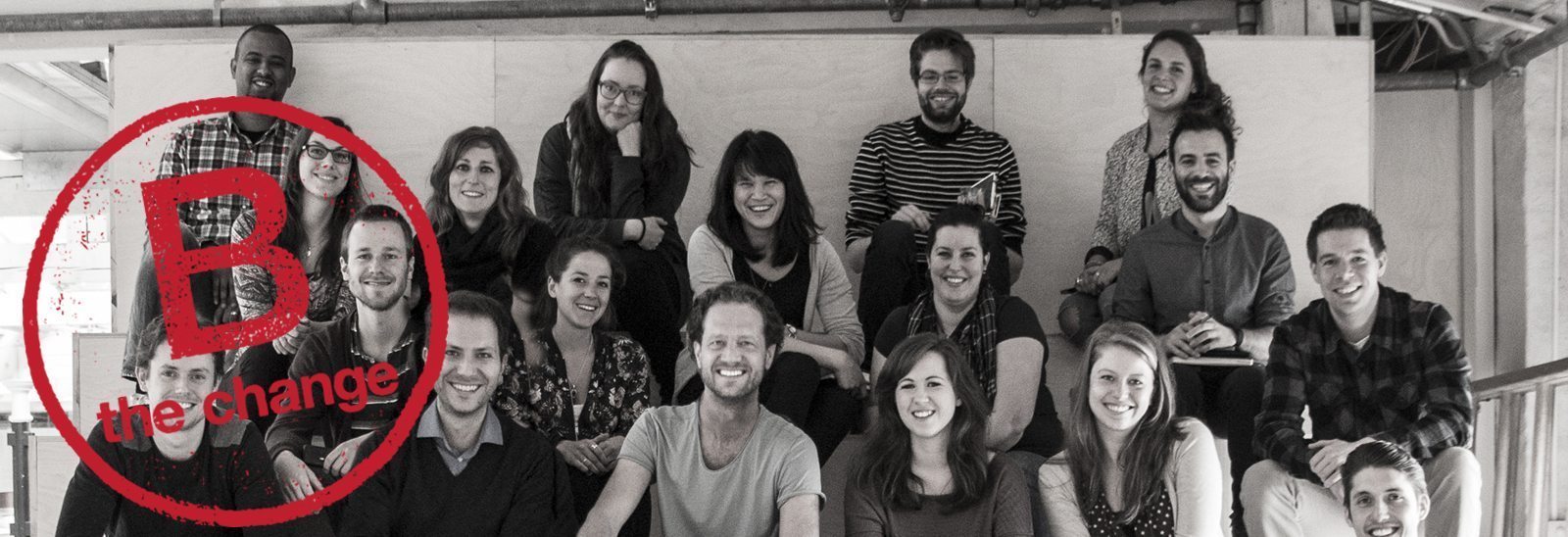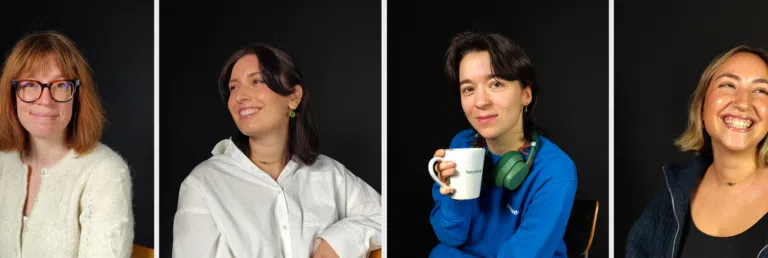Fairphone earns B Corporation Certification
Updated on 17 July 2017: Two years after earning our certification, we’re happy to say that last June we got recertified by the B Lab and are proud to continue being a member of the growing B Corp community! View the full report.
It’s official! We’re proud to announce that Fairphone is now a Certified B Corporation. With this new certification, we have joined a community of over 1,000 companies that have also been certified to show that they are using their businesses to address social and environmental issues.
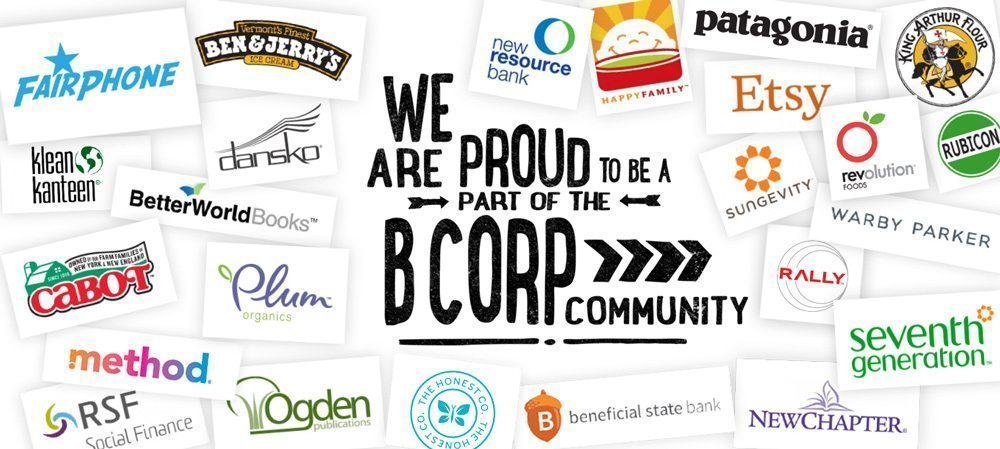
What is a B Corp?
Certified B Corporations are for-profit organizations that meet a high standard of social and environmental performance, transparency and accountability. The ‘B’ in B Corp stands for ‘benefit’. You can compare it to a Fair Trade or organic certification, but for an entire organization, as opposed to a single product.
B Corp certification highlights companies that consider the impact of their decisions not only on their shareholders, but also on their stakeholders, including workers, suppliers, community, consumers, and the environment.
To become a B Corporation, a company must complete an in-depth impact assessment. Those who score high enough are eligible for certification.
How a B Corp differs from a social enterprise
From the beginning, we’ve structured Fairphone as a social enterprise. Social entrepreneurship means that we’re employing commercial strategies to influence social and environmental improvements. Our commitment to making an impact is central to the mission of our business. We are a for-profit company, but are channeling these profits into projects that support our mission – we’re not making a profit simply to satisfy external shareholders. However, in the Netherlands the term social enterprise has no legal implications and its use is not controlled by a governing body or third-party organization.
In contrast, B Corp is an internationally recognized certification which is overseen by B Lab, an independent non-profit organization. There is a consistent set of parameters used to evaluate all potential B Corps, and once a company has been certified, it must be reviewed every two years to ensure it still qualifies for B Corp status.
In addition, B Corp offers a formal framework for making improvements and benchmarking our progress, plus other benefits like community events, a job board and access to a network of peers with similar values. And because anyone can view our impact report, it offers greater transparency into how we run our business.
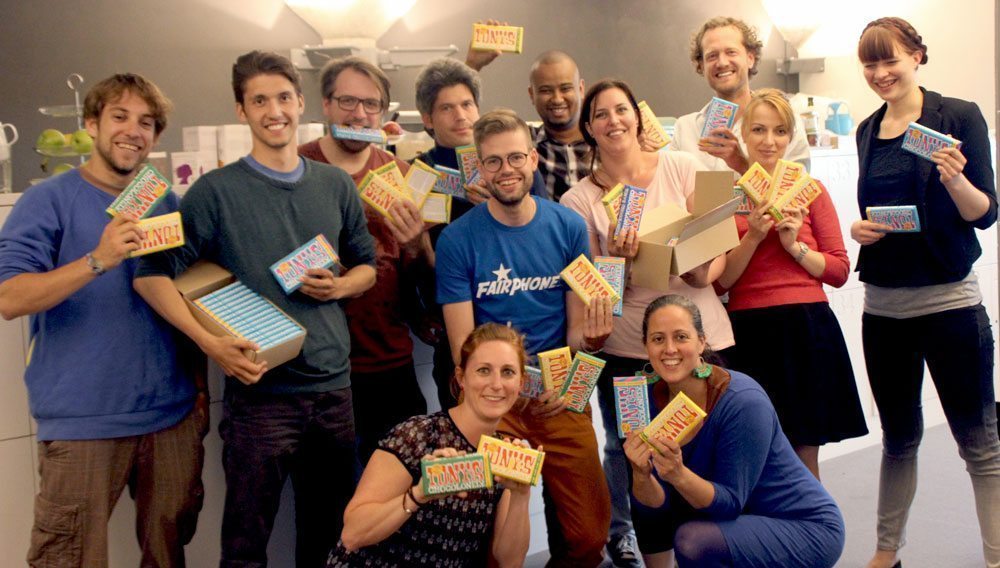
Joining the ranks of a responsible business network
One of the reasons that we applied for B Corp certification was to join a network of like-minded businesses that are dedicated to influencing social and environmental change. At the moment, Certified B Corporations include 1,287 companies and 41 countries and represent 121 different industries. We’re one of the 35 Certified B Corps in the Netherlands, along with well-known names like Tony’s Chocolonely, Triodos Bank, Dopper, WakaWaka and Snappcar. Worldwide, B Corp members include established innovators like Patagonia, Ben & Jerry’s, Etsy and Warby Parker. You can find the full list of certified companies on the B Corp website.
Being part of this select group gives us the opportunity to share inspiration and best practices, and potentially even find new partners to help us further our objectives. More importantly, it’s great to be part of a movement that’s filled with positivity and smart ideas. In April, we participated in B Lab’s European launch in Amsterdam. It was really touching to see that there are so many successful, growing companies making a real impact. It was also good reminder that we’re part of a bigger community – we’re not on this journey all alone!
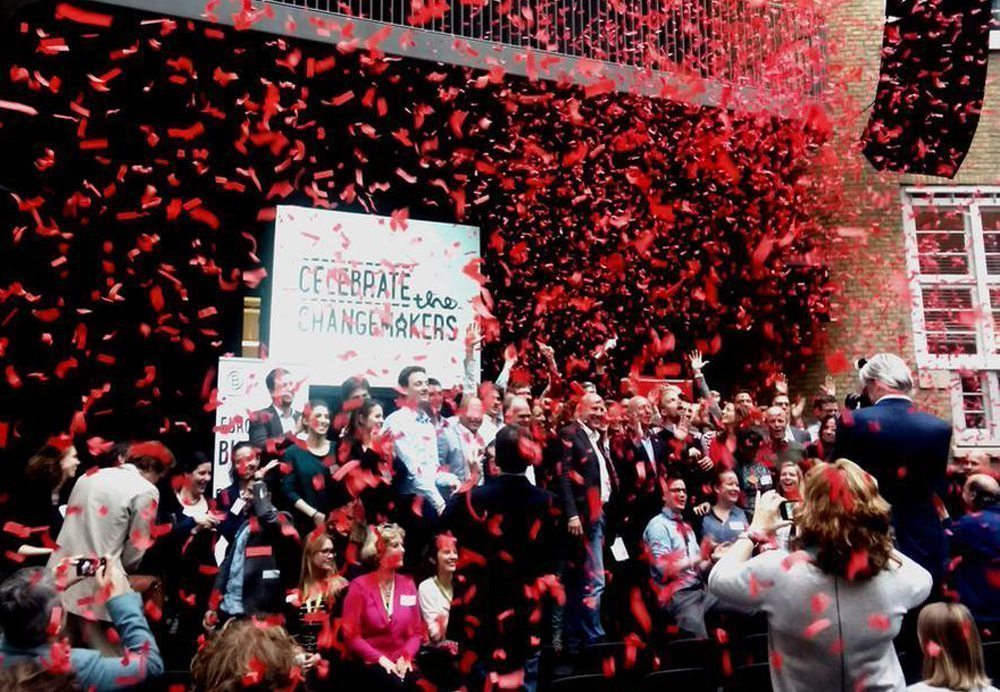
Our impact assessment score
The first step to becoming a B Corp is completing the ‘B Impact Assessment’. The highest possible score is 200, and you need a minimum score of 80 to be eligible for B Corp certification. Our final impact report score was 104.
The impact assessment is very detailed, covering questions in five key areas: governance, workers, community, environment and impact business models. It includes everything from our high-level values, ambitions and business practices to very specific details like employee benefits, recycling habits and even the type of cleaning products we use at the office!
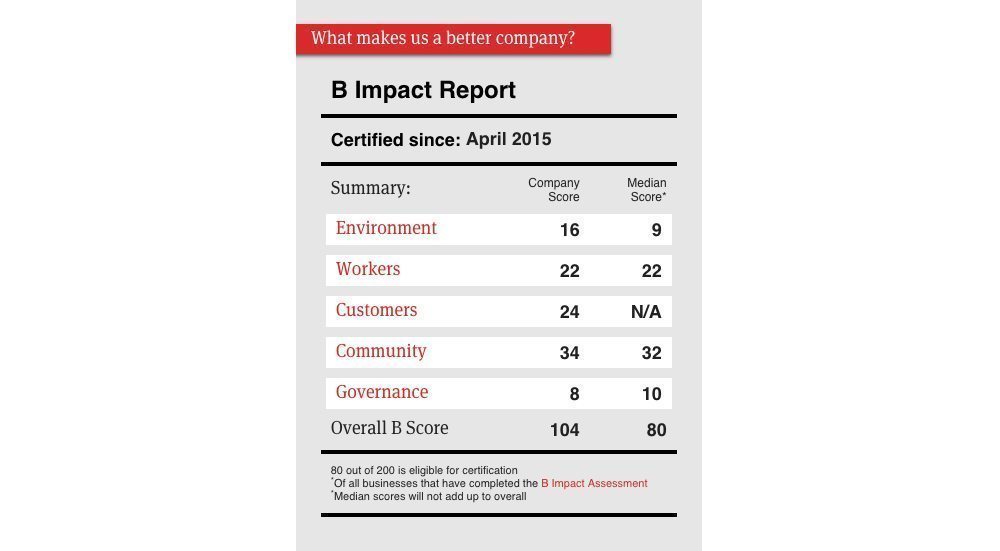
Going through the process of completing this assessment was just as valuable as the final outcome. It forced us to reflect on our vision and ideals, and then asked us to back up our claims with evidence like internal documentation.
Our score gives us the confidence that we’re on the right track, but also helps us clearly identify areas that require more attention.
Going forward: A guided approach to improving our performance
To maintain our B Corp status, we need to complete the impact assessment every two years. Compared to the median scores we’re already doing quite well, but there is certainly room for improvement. We expect that our plans for our value chain interventions, HR policies and greener office ideas will boost our future performance.
As we completed the initial assessment, each question provided indicators to help us determine how we could do better. For example, some things we are already doing in practice, but we don’t yet have documents in place that explain our policies. In addition, it helped us to pinpoint specific issues that we’re not yet addressing, like tracking our energy consumption and making more sustainable lunch choices that generate less waste.
Overall, being a Certified B Corporation will help guide us as we grow and mature. It will enable us to refine our business model, better define our internal policies and more successfully measure our impact. Over the course of the coming year, we look forward to revealing some of the changes we have made as a result of the insights gained during this certification process.
